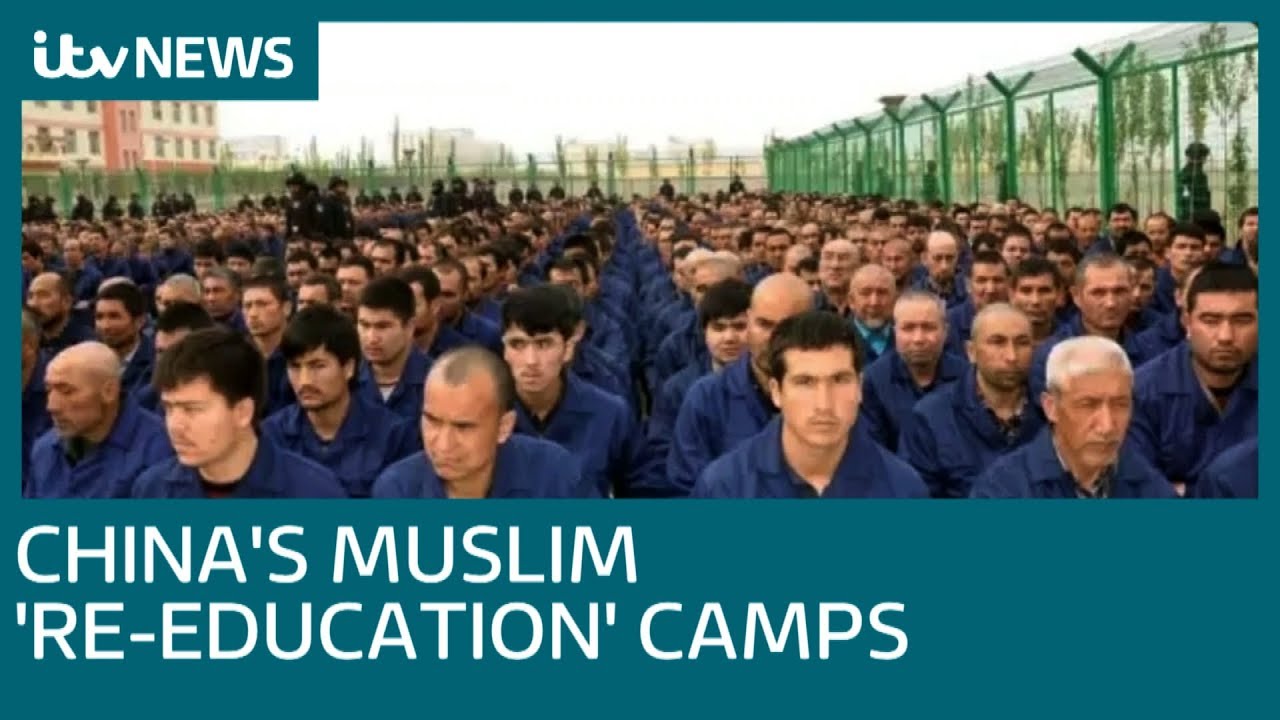https://content.ucpress.edu/chapters/10213001.ch01.pdf
Muslim history begins with the hijira—Muhammad’s emigration to Medina (although there continue to be major, unresolved problems with the historicity of the events narrated below concerning the life of the Prophet Muhammad and the first conquests).
Medina was not a town in the conventional sense but rather a collection of small villages and forts spread over the oasis, divided politically among two pagan Arab tribes— the Aws and the Khazraj—and three smaller Jewish tribes: the Banu 5 01ch.qxp 5/20/15 5:35 PM Page 5 Qaynuqa, the Banu al-Nadir, and the Banu Qurayza.
Muhammad and the Muslims based their community within Medina, and over a period of five years they converted the Arab tribesmen that occupied the territory. It was in this context that jihad arose, and the campaigns to gain adherents and control territory constituted the focus of the community’s activity during the last nine years of the Prophet’s life.
Muhammad is recorded as having participated in at least twenty-seven campaigns and deputized some fifty-nine others—an average of no fewer than nine campaigns annually.1 These campaigns can be divided into four groups:
1. The five “thematic” battles of Badr (624), Uhud (625), Khandaq (627), Mecca (630) and Hunayn (630), undertaken with the goal of dominating the three principal settled areas of the Hijaz: Mecca, Medina, and al-Taif
2. Raids against the Bedouin, undertaken to force local tribesmen to support—or at least not to attack—the Muslims
3. Attacks against Jewish tribes to secure the oases in which they resided
4. Two raids against the Byzantines at al-Muta (629) and Tabuk (631) and the campaign led by Usama b. Zayd (632) against Syria, which, though less than successful at best, heralded the direction of Muslim conquests during the years following the Prophet’s death in 632.
This evidence demonstrates categorically the importance of jihad to the early Muslim community. It is no coincidence that a number of the Prophet Muhammad’s early biographers refer to the last ten years of his life as al-maghazi (the raids).2
END quote
Whenever I think about a religion, I don't just think about the spiritual component or what the religious person is able to gain from that religion or the knowledge and wisdom in its traditions. I think you have to be able to see that as a separate entity from other facets of the religion. Another facet of almost every religion is politics because religions often seek power.
And no, this didn't start with Muhammad. In other words, person X, claims God spoke to him (instead of speaking to everyone). If you believe person X then you are trusting person X to lead you as a surrogate... or as a channel... for the leadership of God. The more followers person X has the more powerful he becomes because he can say whatever he wants and as long as it sounds believable that it could have come from God, then that's what people assume. And when person X says... God wants us to fight person Y or person Z... whether its for land or because the people don't believe the same thing, this activity creates a more militarized society.
People talk about peace. But how often do people talk about peace AFTER their side has taken many lands and killed many people? Now you want peace? Where was that peace when you were poor or when you were struggling to survive and saw another group of people with more resources? The morality of religion seems to fail utterly when it comes to standing on principle even if it means you starve to death. They say heaven exists but they're scared of starving and therefore feel like they must control territory. They play the same "game of thrones" as everyone else but act like their reasons are high and mighty and noble and selfless. "Oh we had to do it... we had to kill all those people and conquer them in order to..... help people?"
Once you have fought and killed another group there is no going back to innocence. You cannot ever get it back. You have blood on your hands! And when people believe the command originated from Allah/God/Jesus/etc. then they justify it as the right thing to do. But a thousand years later... still fighting. Why? Still killing people. Why? Still teaching your followers to hate other people because of their differences. Still encouraging your followers to be afraid of people and to think that perfect strangers all want to cause them harm because they hate them or their religion. They're liars. They don't know what's in the head of every Christian, every Jew, every Atheist, just like no one from those groups can claim they know what's in the head of every Muslim. Many Muslims want to live in peace. So what is the common thread between those Muslims and those who strap bombs to themselves? Is Islam the common thread?
People group people together in order to label the whole bunch in a positive or negative light. I'm an atheist. I'm not against any religion. I'm simply FOR humanity. So for those INDIVIDUALS and groups who are against humanity I am against those people. Those people often use the name of the religion to get support from others of that religion and try to pull everyone into the same conflict. But in reality... is the conflict spiritual? or is it political? Is it about God? Or is it about humans and land and who owns what? What's it really about?
If I told you an alien talked to me and told me to kill 5 people everyone would think I was crazy and lock me up. How is it that people can tell others that a being of limitless power wants them (cause he can't or wont do it himself) to kill possibly thousands or millions of people and no one thinks they're crazy and no one thinks they should be locked up?

